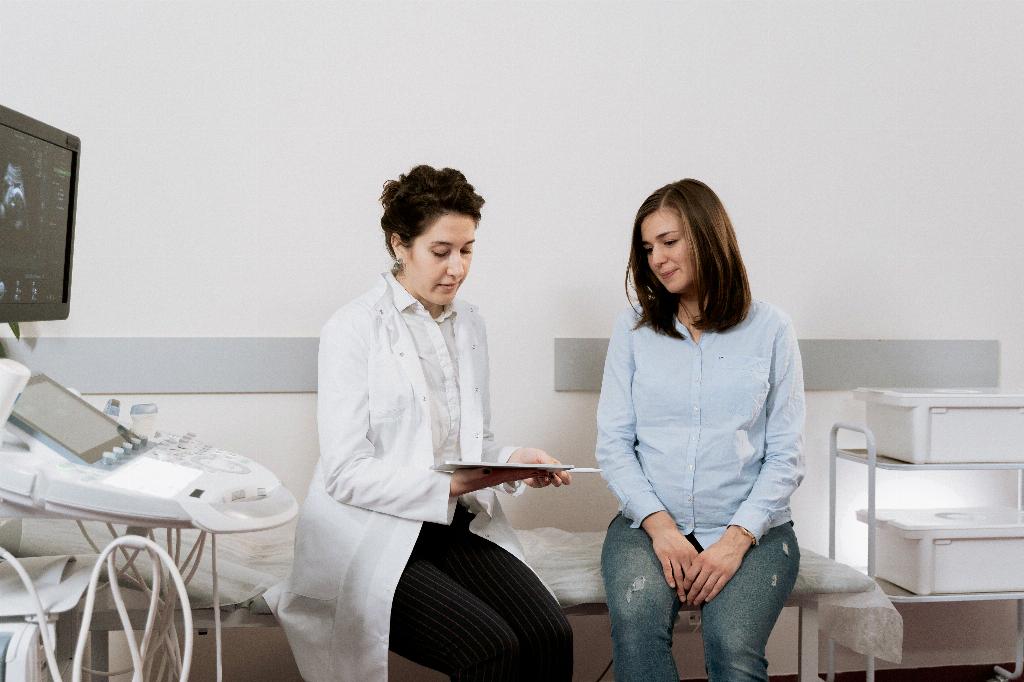Herpes simplex virus type 1 (HSV-1) is a common virus that causes oral herpes, characterized by cold sores or fever blisters around the mouth. It is important to note that HSV-1 can be transmitted through close contact with an infected individual, especially during an outbreak.
Transmitting HSV-1 to Your Baby
If you have HSV-1 and come into direct contact with your baby through kissing, particularly when you have a cold sore outbreak, there is a risk of transmitting the virus to your baby. The virus can be passed on through the saliva, so it’s essential to be cautious during such times.
Breastfeeding and HSV-1
In some cases, if you have a herpes blister on your breast or if you have an active herpes outbreak on your breast, there is a risk of transmitting HSV-1 to your baby through breastfeeding. It is recommended to consult with a healthcare provider in such situations to ensure the safety of your baby.
Precautions to Minimize Transmission Risk
To prevent the transmission of HSV-1 to your baby, it is crucial to take certain precautions. Avoid kissing your baby when you have an active cold sore, and refrain from breastfeeding if you have a herpes outbreak on your breast. Additionally, practicing good hygiene, such as washing your hands regularly, can help reduce the risk of transmission.
Consultation with Healthcare Provider
If you have HSV-1 and are concerned about the risk of transmitting the virus to your baby, it is advisable to seek guidance from a healthcare provider. They can provide specific advice tailored to your situation and address any concerns you may have regarding the transmission of HSV-1 to your baby.
Monitoring and Managing HSV-1 Outbreaks
If you are prone to recurrent HSV-1 outbreaks, it is essential to monitor and manage them effectively. By taking prescribed antiviral medications and following your healthcare provider’s recommendations, you can help reduce the frequency and severity of outbreaks, thereby minimizing the risk of transmitting the virus to your baby.
Communication with Your Partner
Open communication with your partner about your HSV-1 status is crucial, especially if you are planning to have a baby or if you already have a newborn. By discussing any concerns or potential risks, you can work together to ensure the well-being of your baby and take necessary precautions to prevent transmission of the virus.
Support and Resources
Living with HSV-1 and being a parent can pose challenges, but it’s essential to remember that you are not alone. There are support groups, online resources, and healthcare professionals who can offer guidance, information, and emotional support to help you navigate this journey and make informed decisions regarding the health of your baby.
Emotional Wellness for Parents
Coping with the responsibility of potentially transmitting HSV-1 to your baby can be emotionally challenging. It’s normal to experience feelings of anxiety, guilt, or uncertainty. Remember to prioritize your emotional well-being by seeking support from loved ones, mental health professionals, or support groups that can provide a safe space for sharing experiences and finding solace.
Conclusion: Ensuring Your Baby’s Health
In conclusion, while there is a risk of transmitting HSV-1 to your baby, especially during outbreaks or through direct contact, taking precautions, seeking guidance from healthcare providers, and maintaining open communication can help minimize the risk. By prioritizing your baby’s health and well-being, you can navigate the challenges of living with HSV-1 responsibly and ensure a safe environment for your little one.

